More than 10 months after Brexit, there are numerous questions that the companies should consider related to VAT. Many of our clients have asked us regarding the VAT location rules of services.
Therefore, we would like to share with you key points regarding the changes that could impact your business from a VAT perspective and services received from EU supplier.
What do the VAT location rules say?
As a general rule, the VAT location of B2B services is taxed at the customer´s place of establishment (Article 44 of the EU VAT directive, localisation of VAT on B2B services).
However, this rule changes depending on the nature of the services, as it could happen with services connected with immovable property which are taxed where the immovable property is located (Article 47 of the VAT Directive).
The “Use and Enjoyment Rule”
As established in Article 58 of the VAT Directive, in order to avoid double taxation, the Member State could consider the application of the so-called “use and enjoyment rule” (i.e. special place of supply rule), according to which certain services are subject where the supplier is established (1) in a first approach, they would be deemed to take place outside the EU as per the application of the general VAT location rule, but (2) the effective use and enjoyment of the services takes place within the territory of the corresponding Member State.
In other words, if the services supplied would fall under this special location rule, the general VAT location rule would not be applicable, then, the recipient would bear Input VAT.
This nuance is key for UK entities as they are no longer within the EU.
There are certain services foreseen in the national VAT rules of the Member State which, before the Brexit, were subject to VAT where the recipient is based but, from January 2021, the services could be subject to VAT and the customer could bear Input VAT.
It is therefore possible that your business may receive invoices with Input VAT charged by a European supplier. In such a case, if the requirements are met, the company could in principle request the refund of the VAT paid.
In any case, according to our experience, we consider that it is highly advisable to review (1) the nature of the transactions received and, (2) whether the Input VAT charged by the supplier is due or not, since the Member State could reject the VAT refund in a case where the VAT is undue.
Doubts about VAT charged by an EU company? Let’s talk!
At Ayming, we are experts in international VAT management and recovery, and we help you get your operations under control and provide you with the greatest benefit.
Author: Faysal Assakale, Senior VAT Consultant at Ayming Spain



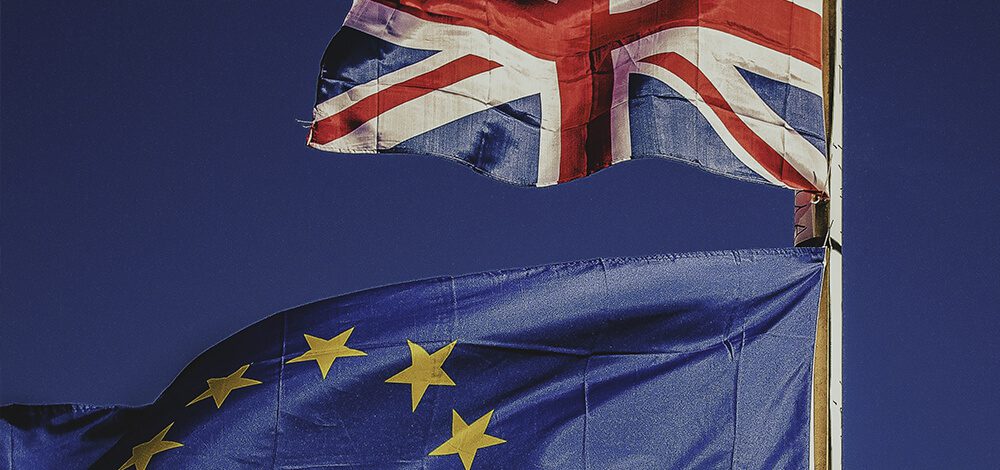


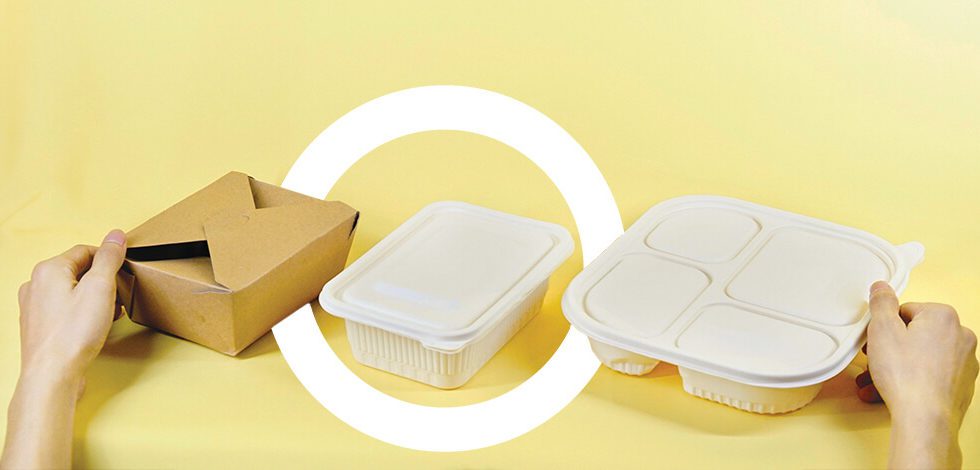
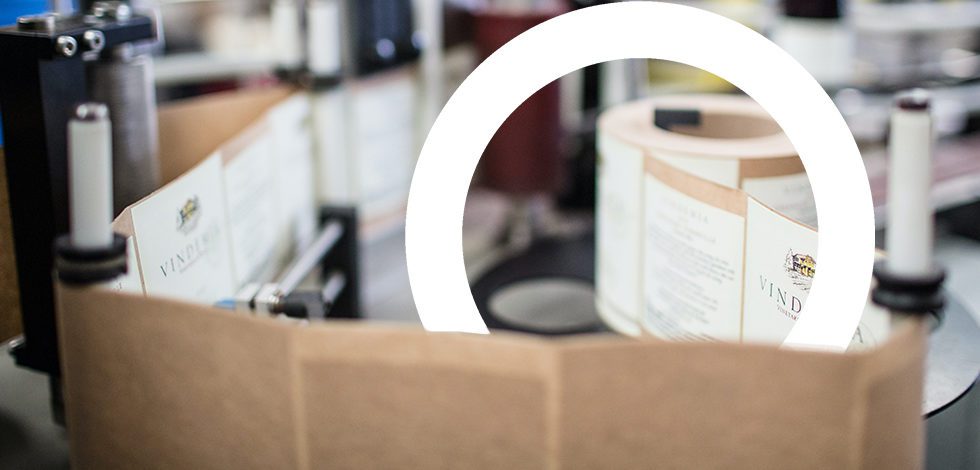

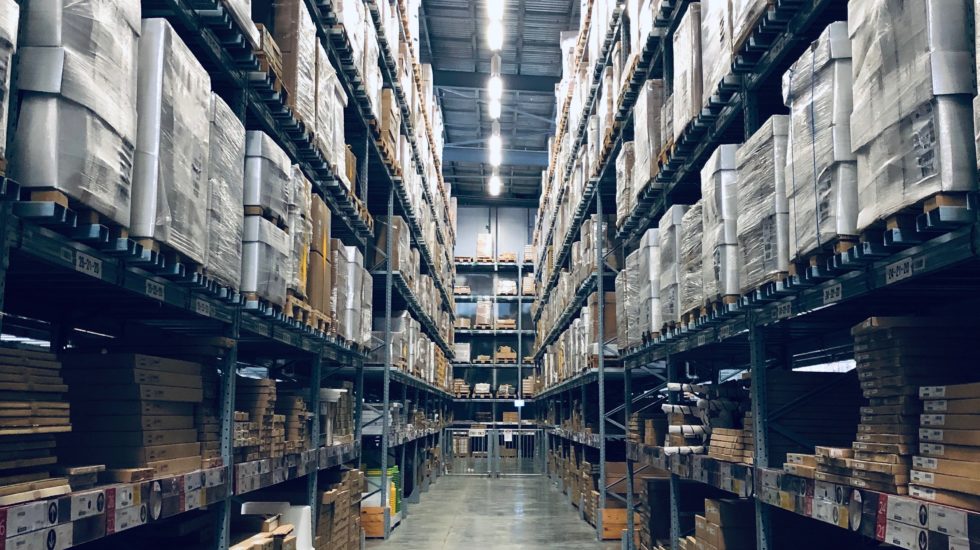

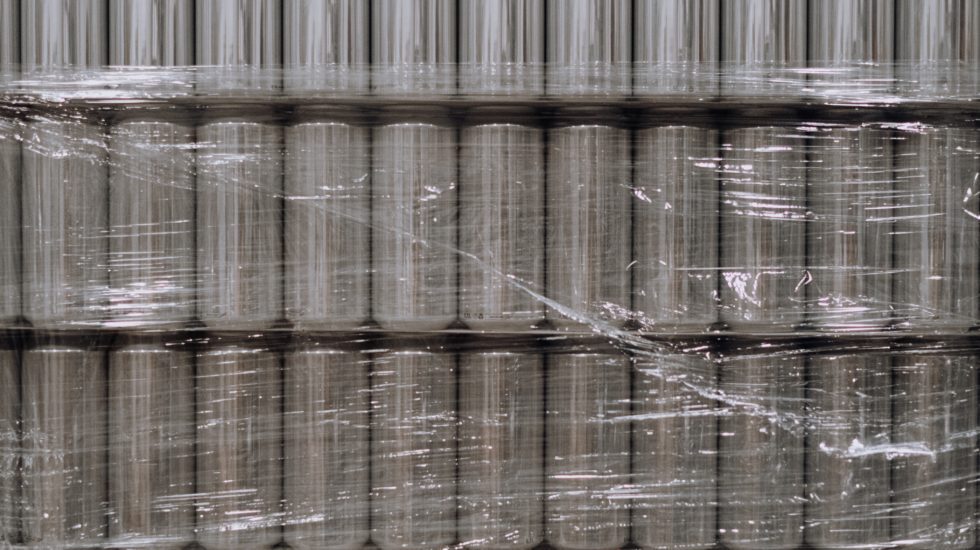
No Comments